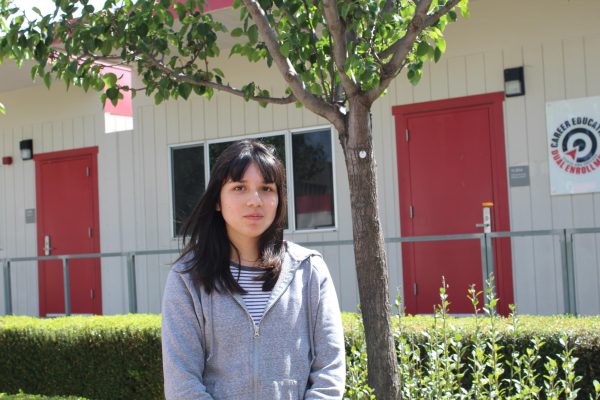Swifties love listening to Taylor Swift. Barbz adore Nicki Minaj. The ARMY admires BTS. And other fans doxx or leak the personal information of artists, fellow fans, and casual listeners.
Music fandoms are communities. They consist of large groups of members who want to support their favorite artist or band in different ways. However, these supportive fans are not to be confused with some diehard fans who uplift a performer to the extreme.
As fandoms have existed for quite some time, in 1956, there was an introduction to a new phenomenon: parasocial relationships between supporters and celebrities. This category of relationship is strictly one-sided. While a fan may spend a large chunk of their day devoted to this artist and heavily admiring them, their favorite singer does reciprocate these gestures. It was discovered that parasocial relationships can provide a sense of comfort to fans. Followers might like an artist so much that they depend on them as a sole source of happiness. However, others outside their communities deem it inappropriate when an individual devotes most of their time to idolizing a fellow human being. Especially when the artist has expressed that they feel uncomfortable with fans treating them as if they know them on a personal level and can intrude on their own lives.
As time passed by, parasocial relationships between fans and an artist were at an all-time high with a rapidly growing music industry.
When teacher and part-time musician Mr. Kaneko was asked about his first impression of extreme fans of mainstream musicians, he expressed his concerns regarding these members’ outward behavior and time management.
“I believe it is fine to like a performer’s music and attend their concerts, but when you become an extreme fan, it seems like you’re living vicariously through whichever artist you’re listening to and obsessing over what they do,” Kaneko said.
Kaneko also feels that it’s common to see others who don’t consider how an artist takes in these acts of support.
“There have been people who think about their artist all the time without realizing that this person does not know about them and who they are. They do not have the same level of fame,” Kaneko said.
Sophomore Lyzeth Rodriguez is part of a fandom herself but shares the same conflicting opinions about the recurring sight of obsessive fans in any group.
“Sometimes fandoms are really invasive. There have been times when I heard certain fans enter an artist’s property and find the private social media of their family or personal information, just to leak it. It seems really dehumanizing,” Rodriguez said.
Although these superfans may truly want to appreciate their beloved artist, at times, others find that their devotion is misguided and potentially harmful to others, whether it’s that specific musician, other fans, or people unrelated to their cause.
A Segerstrom sophomore, Fernando Torres, part of the MOA fandom, recently attended a concert for the K-pop group Tomorrow x Together. He shared the sentimental impact this concert had on him and his view toward his own circle of all fans alike.
“A fandom can make someone comfortable by giving them a sense of fitting in. I’m in a fandom called MOA and honestly, when I went to their concert, I felt so connected with everyone and it was beautiful,” Torres said.
Many fans agree that there are acceptable ways to appreciate your favorite artist without disturbing them or disrupting their personal life.
Rodriguez and sophomore Yara Haquet uplift their favorite artist in similar ways as a part of their fandoms.
“Personally, I like listening to Lana Del Rey. As a fan, I just appreciate her music and have some of her merch,” Haquet said.
Rodriguez added on to what appears right when it comes to promoting a musician.
“I would say something appropriate to do as a fan is to buy their merch, stream their music, and uplift them. Everyone usually has the same motive of uplifting their favorite artist or band, so nobody should feel like they’re a better fan than others or superior to the people that don’t listen to that artist.”
Of course, there is nothing wrong with having some admiration for the person whose music you love and enjoy listening to. Regardless, it’s best to stay mindful of the approach you take to support them and their work.


































